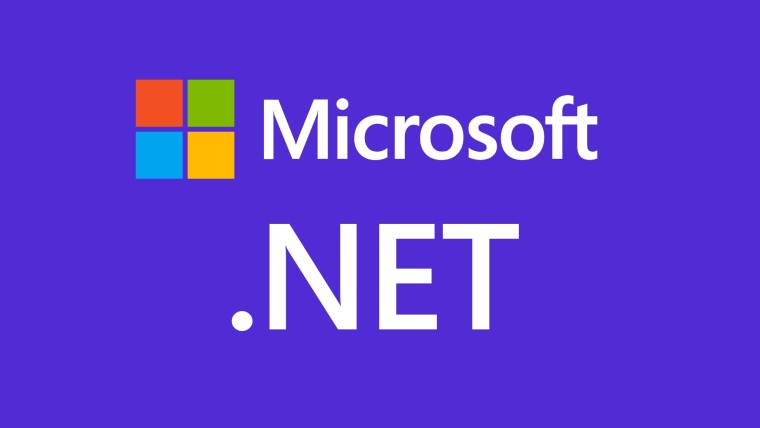
Back in 2017, Microsoft published its .NET language strategy for the languages it offers for the platform, namely C#, F#, and Visual Basic. However, at that time, this information was available as a blog post, which meant that it was not as discoverable and customers didn't know if the guidance was still applicable. Now, Microsoft has published its updated .NET language strategy on the Learn website, in order to make it more "official".
The new guidance on the Learn webpage has a description for each of the three programming languages, along with Microsoft's perspective on their popularity and use-cases. In terms of Microsoft's strategy for the long-term investment in the languages, not much has changed. The Redmond tech firm still remains committed to the trio of languages.
Being the most popular .NET language, C# will continue to receive support from Microsoft with an emphasis on innovation and performance while being "careful to stay within the spirit of the language". Backwards compatibility is also an area of importance, with the company noting that it will continue to be the custodian of design decisions.
When it comes to F#, Microsoft considers it a robust and performant language that works well in mixed-language solutions built in C#. Moving forward, the focus will be on language leadership and governance, as Microsoft will encourage the community to further enrich the language. The Redmond tech giant will also be ensuring interoperability with new C# features, along with working on tooling and documentation to lower the barrier of entry for incoming developers.
Lastly, Visual Basic continues to enjoy the support of many developers as it is the most mature language out of the lot. Microsoft has pointed out that while Visual Basic does not support some workloads, customers can utilize C# instead in such cases. In terms of the future, Microsoft says that:
When C# or the .NET Runtime introduce new features that would require language support, VB will generally adopt a consumption-only approach and avoid new syntax. We do not plan to extend Visual Basic to new workloads. We will continue to invest in the experience in Visual Studio and interop with C#, especially in core VB scenarios such as Windows Forms and libraries.
Microsoft has emphasized that the success of its .NET languages depends on open and honest communication, and the new Learn page will serve this purpose.


















3 Comments - Add comment